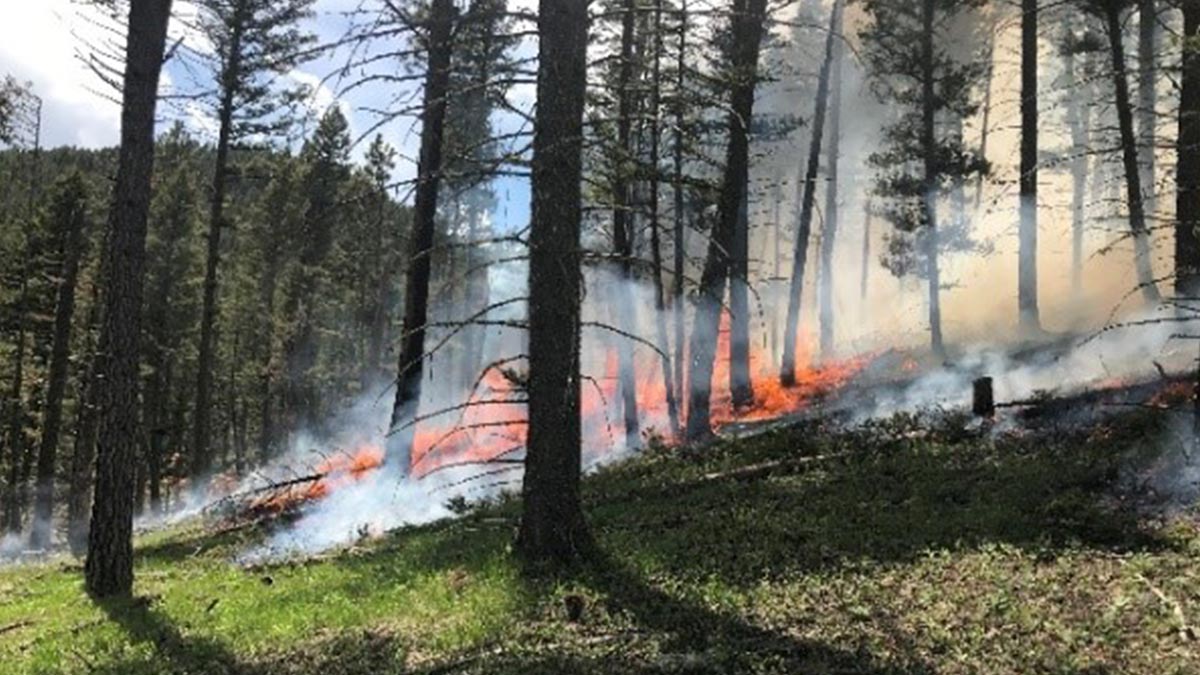Below is a news release from the Bureau of Land Management.
The Bureau of Land Management plans to burn invasive yellow starthistle on roughly 20 acres of BLM-managed public lands along Coalinga Road near the entrance of the Clear Creek Management Area south of Hollister, in San Benito County. The prescribed burn is scheduled to start Tuesday, June 1, dependent on weather and air quality conditions.
The prescribed burn will help reduce available fuel that could feed wildland fires near campgrounds, protect the threatened San Benito evening primrose and eliminate non-native yellow starthistle. The Central Coast Field Office received a grant from the Rocky Mountain Elk Foundation to help pay for the prescribed burn as reducing noxious weeds helps rejuvenate native grasses, which may improve habitat for elk, deer, turkey, quail and wild pigs. There are three elk subspecies in California: Rocky Mountain, Roosevelt and Tule elk. The Rocky Mountain Elk Foundation works to protect crucial elk winter and summer ranges, migration corridors, calving grounds and other areas vital to elk and other wildlife.
The BLM uses an Integrated Weed Management Strategy, which includes herbicide application, sheep and goat grazing, and prescribed fire, to kill invasive weeds like medusahead and yellow starthistle plants before they have a chance to set seed. Prescribed fire helps restore balance to the ecosystem.
The BLM is committed to keeping public landscapes healthy and productive. The exact timing of the prescribed burn will depend on temperature, wind and relative humidity, and is being conducted in close coordination with the Monterey Bay Air Resources District. Smoke may be visible to nearby rural landowners. Updated information will be provided on BLM California social media sites using #RxBurn.
Permit holders will still be granted access to the Clear Creek Management Area during burn operations. For more information, call the Central Coast Field Office at 831-582-2200.
(Photo source: Bureau of Land Management)
